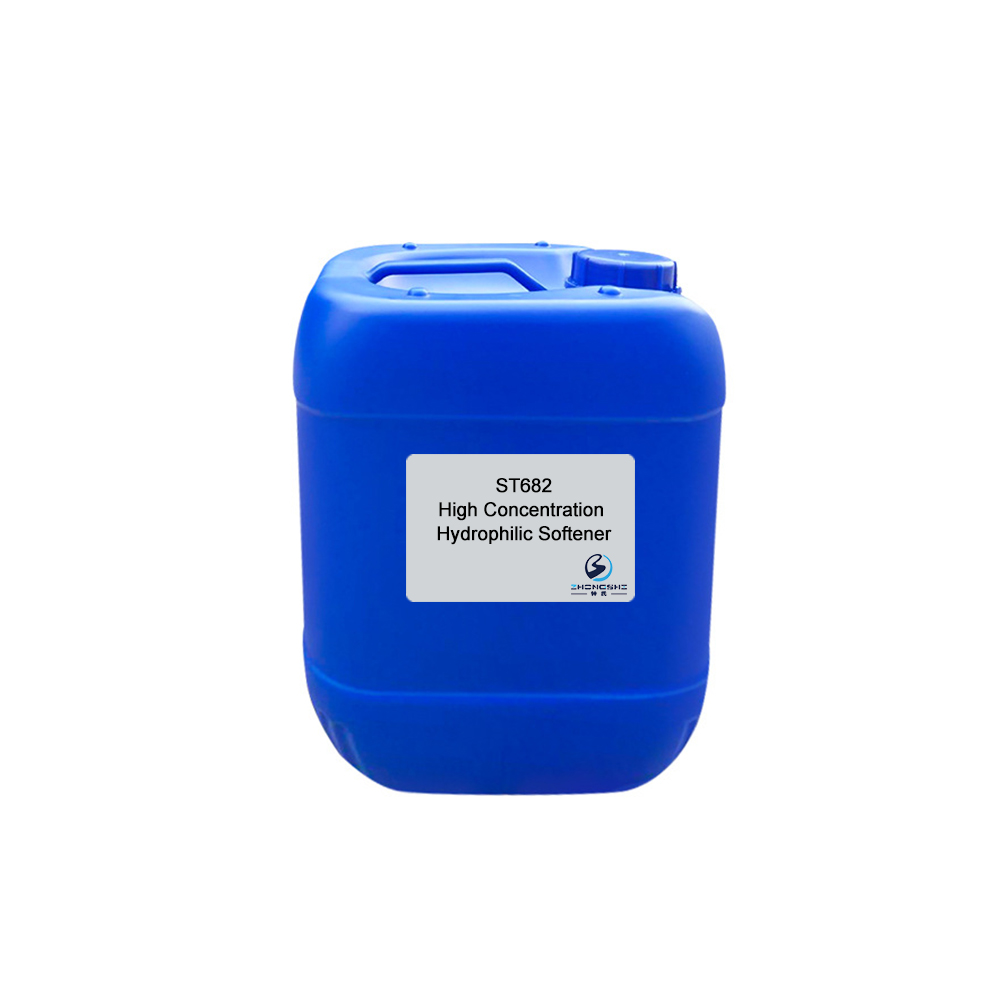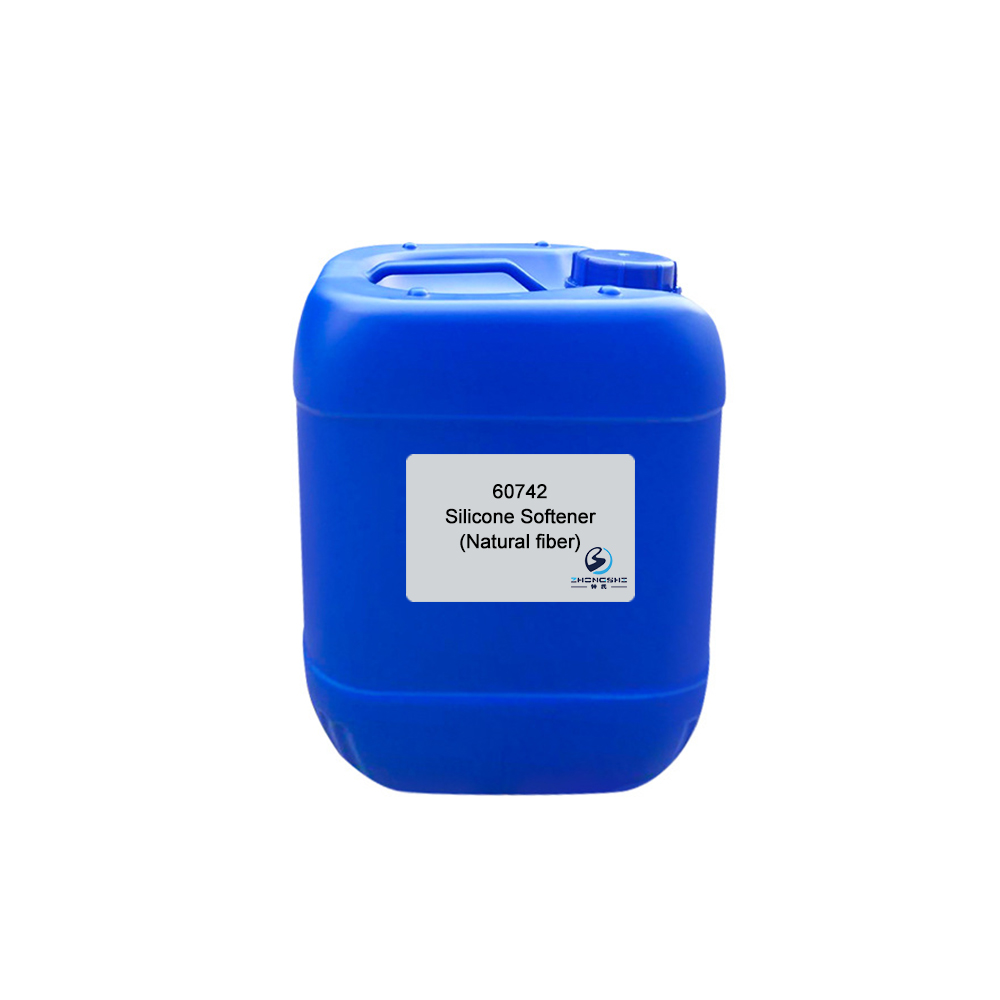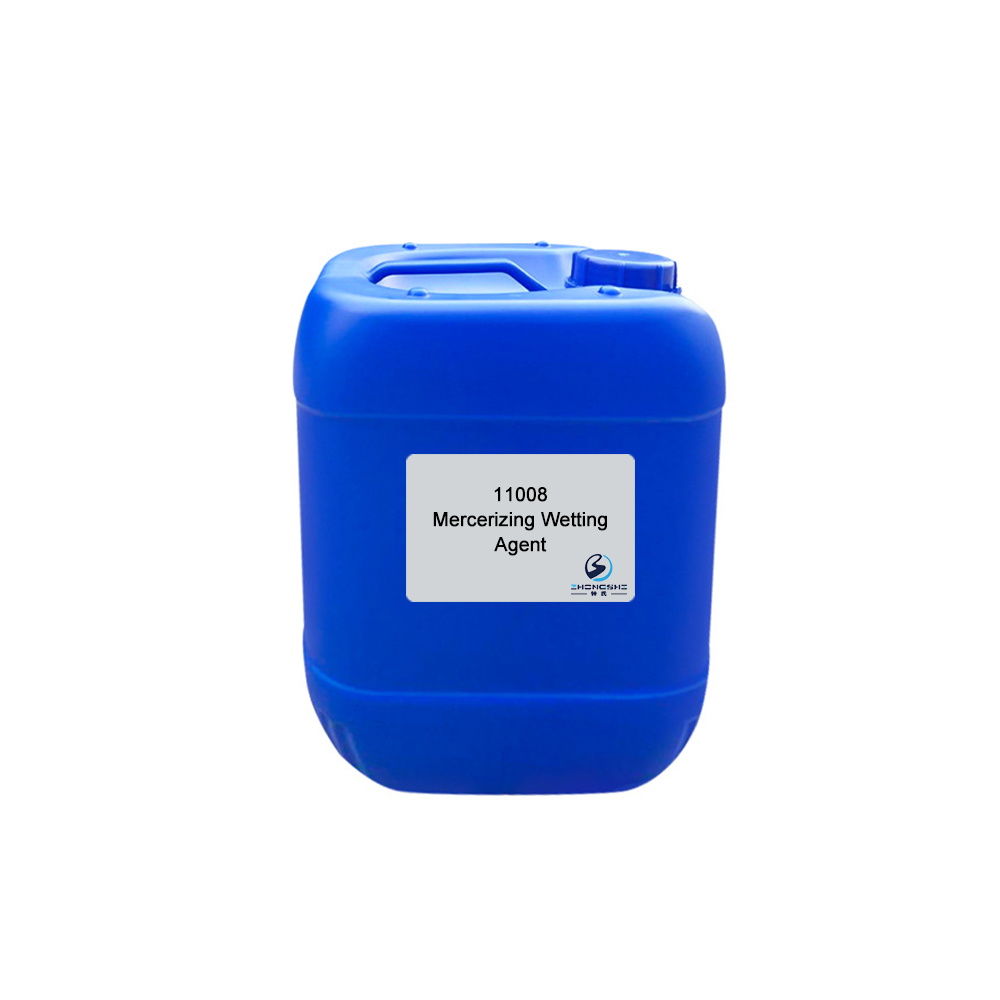45404 Polyester chemical fiber hydrophilic finishing agent antistatic agent dyeing bath soft agent
It is a great way to further improve our items and repair. Our mission would be to develop resourceful items to clients with a superior encounter for 45404 Polyester chemical fiber hydrophilic finishing agent antistatic agent dyeing bath soft agent, Our firm is performing with the procedure principle of “integrity-based, cooperation created, people oriented, win-win cooperation”. We hope we can easily have a pleasant partnership with businessman from all around the environment.
It is a great way to further improve our items and repair. Our mission would be to develop resourceful items to clients with a superior encounter for Anti-static agent, Chemical fiber auxiliary, Dyeing auxiliary, Fabric agent, Fishing agent, hygroscopic and sweat releasing, moisture absorption, Moisture Wicking Agent, Textile Auxiliaries, Textile Chemical, Our products are widely recognized and trusted by users and can meet continuously changing economic and social needs. We welcome new and old customers from all walks of life to contact us for future business relationships and mutual success!
Features & Benefits
- Contains no APEO or formaldehyde, etc. Fits environmental protection requirements.
- Good compatibility with silicone softener. Can be used together in same bath.
- Stable shear resistance.
- Low yellowing. Extremely little influence on color shade of fabrics.
- Safe for using.
Typical Properties
| Appearance: | Yellow solid |
| Ionicity: | Nonionic |
| pH value: | 6.0±1.0 (1% aqueous solution) |
| Solubility: | Soluble in water |
| Application: | Chemical fiber, as polyester, polyester blends, nylon and acetate fiber, etc. |
Package
120kg plastic barrel, IBC tank & customized package available for selection
TIPS:
Object of finishing
The object of finishing is to improve the attractiveness and/or serviceability of fabric.
There is a wide variation of techniques among different fabrics and different production units. In fact, many of them are trade secrets; that is why many details have not been published. There are actually very few published works available except about functional finishes, for which specific chemicals serve specific functions.
The variations of finishing depend on the following factors:
1. The type of fiber and its arrangement in yarn and fabric
2. The physical properties of fibers such as swelling capacity and behavior when pressure or friction is applied
3. The capacity of fibers to absorb chemicals.
4. The susceptibility of the materials to chemical modification.
5. The most important factor, the desirable properties of the material during its use
If the inherent property of the material is excellent, such as luster of silk, little finishing is necessary. The materials made of worsted yarn require less finishing than those made of woollen yarn. The materials prepared from cotton need a variety of finishing techniques, as it has diversified uses.







